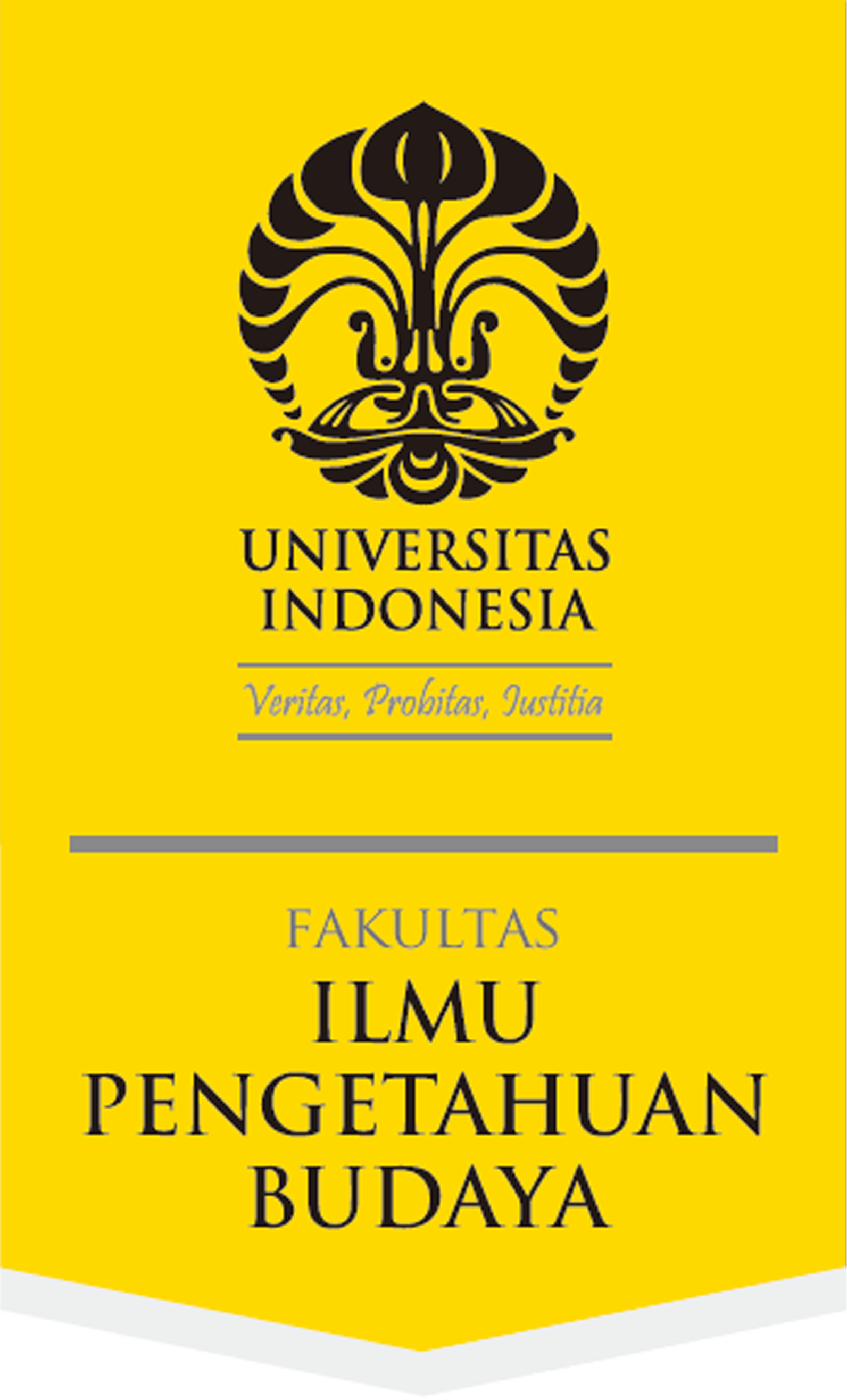Abstract
This article examines the social realities of literary works and the colonial perceptions of socio-political movement inspired by the ideologies of Islam, communism, and the Just King (Ratu Adil). The main sources for this study are four propaganda literatures published by the Resident of Yogyakarta, Louis Frederik Dingemans (1924-1927). It employs post-colonial literary theory to analyse the colonial authority’s perceptions of Islam, communism, and Ratu Adil, and examines how colonial rulers (as colonizers) positioned themselves as above indigenous society (the colonized) as the guardians of moral, social, and political order.
References
KITLV manuscripts
Bebenduning Pangeran dateng nagari ingkang resah (God’s wrath upon a restless nation), Bab Sumardi satunggaling komunis ingkang enget (Sumardi, the repentant communist),
Caritanipun Kacung diukum pangadilan jalaran ngobong omah (The story of Kacung, sentenced by the court for burning a house), Caritanipun Simin diukum pangadilan amarga dadi Ratu Adil palsu (The story of Simin, punished by the court for falsely claiming to be the Just King).
Photographs
Collection of the Tropenmuseum TM 60041526 (Picture 1) TM 60041535 (Picture 3) TM 60041536 (Picture 2)
TM 60041546 (Picture 4) Collection of Widya Pustaka Pakualaman Yogyakarta, Album F (Pictures 5-9)
Books and articles
Alexander, Jennifer and Paul Alexander. 1982. “Shared poverty as ideology; Agrarian relationships in colonial Java”, Man Vol. 17 No. 4 (December): 597-619.
Alfian. 1989. Muhammadiyah; The political behaviour of a Muslim modernist organization under the Dutch colonialism. Yogyakarta: Gadjah Mada University Press.
Bloembergen, Marieke. 2002. Polisi zaman Hindia Belanda. Jakarta: Penerbit Kompas.
Carey, Peter. 2011. Kuasa ramalan; Diponegoro dan akhir tatanan lama di Jawa, 1785-1855. Jakarta: Gramedia.
Delair Noer. 1973. The modernist muslim movement in Indonesia, 1900-1942. Oxford: Oxford University Press.
Dingemans, L.F. 1926. Gegevens over Djokjakarta B. Magelang: Maresh.
Djoko Utomo. 1983. “Pemogokan buruh tani di abad ke-19; Kasus Yogyakarta, Prisma, No. 8 (August): 68-78.
Ensering, Else. 1983. Afdeling B van de Sarekat Islam; Een opstandige islamitische beweging. Amsterdam: Vrije Universiteit, subfakulteit NWS/CA, Kontaktgroep Tropisch Azië.
Fasseur, C. 1992. “The France scare; Taco Roorda and the origins of Javanese studies in the Netherlands”, in: V.J.H. Houben and H.H.J. Maier (eds), Looking in odd mirrors; Java and the Java Sea, pp. 241-257. Leiden: Vakgroep Talen en Culturen van Zuidoost Azië en Oceanië.
Haspel, C.Ch. van den. 1985. Overwicht in overleg; Hervormingen van justitie, grondgebruik, en bestuur in de vorstenlanden op Java, 1880-1930. Dordrecht: Foris. [Verhandelingen van het Koninklijk Instituut voor Taal-, Land- en Volkenkunde 111.]
Jedamsky, Doris. 1992. “Balai Pustaka; A colonial wolf in sheep’s clothing”, Archipel; Études interdisciplinaires sur le monde insulindien Vol. 44: 23-46.
Loomba, Ania. 2016. Kolonialisme/Pascakolonialisme. Yogyakarta: Narasi and Pustaka Promethea.
Nakamura, Mitsuo. 1983. Bulan sabit muncul dari balik pohon beringin; Studi tentang Pergerakan Muhammadiyah di Kotagede Yogyakarta. Yogyakarta: Gadjah Mada University Press.
Nakamura, Mitsuo. 2012. The crescent arises over the Bayan Tree; A study of the Muhammadiyah Movement in Central Javanese town, c. 1910s-2010. Singapore: Institute of Southeast Asian Studies.
Niel, Robert van. 1960. The emergence of the modern Indonesian elite. Bandung: W. van Hoeve.
Sartono Kartodirdjo. 1981. Laporan-Laporan gerakan protes di Jawa pada abad XX. Jakarta: ANRI.
Shiraisi, Takashi. 1990. An age of motion; Popular radicalism in Java, 1912-1926. Ithaca, NY: Cornell University Press.
Steenbrink, Karl. Dutch colonialism and Indonesian Islam; Contacts and conflicts, 1596-1950. Amsterdam: Rodopi.
Steenbrink, Karel. 2007. Catholics in Indonesia, 1808–1942; A modest recovery 1808-1903. Leiden: KITLV Press.
Sutherland, Heather. 1976. The making of a bureaucratic elite; The colonial transformation of the Javanese priyayi. Singapore: Heinemann. [Asian Studies Association of Australia, Southeast Asia Publications Series 2.]
Tsuchiya, Kenji. 1998. “Javanology and the age of Ranggawarsita; An introduction to nineteenth century Javanese culture”, in: Reading Southeast Asia, pp. 75-108. Ithaca, NY: Southeast Asia Program, Cornell University.
Recommended Citation
Margana, Sri
(2019)
"Religion, communism, and Ratu Adil Colonialism and propaganda literature in 1920s Yogyakarta,"
Wacana, Journal of the Humanities of Indonesia: Vol. 20:
No.
2, Article 3.
DOI: 10.17510/wacana.v20i2.735
Available at:
https://scholarhub.ui.ac.id/wacana/vol20/iss2/3









